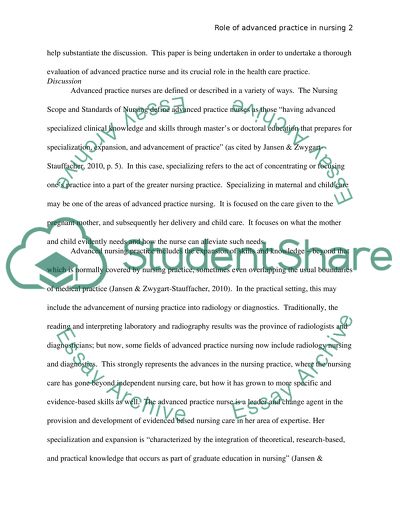Cite this document
(The Role of Advanced Practice in Nursing Case Study, n.d.)
The Role of Advanced Practice in Nursing Case Study. Retrieved from https://studentshare.org/health-sciences-medicine/1570727-the-role-of-advanced-practice-in-nursing
The Role of Advanced Practice in Nursing Case Study. Retrieved from https://studentshare.org/health-sciences-medicine/1570727-the-role-of-advanced-practice-in-nursing
(The Role of Advanced Practice in Nursing Case Study)
The Role of Advanced Practice in Nursing Case Study. https://studentshare.org/health-sciences-medicine/1570727-the-role-of-advanced-practice-in-nursing.
The Role of Advanced Practice in Nursing Case Study. https://studentshare.org/health-sciences-medicine/1570727-the-role-of-advanced-practice-in-nursing.
“The Role of Advanced Practice in Nursing Case Study”. https://studentshare.org/health-sciences-medicine/1570727-the-role-of-advanced-practice-in-nursing.


